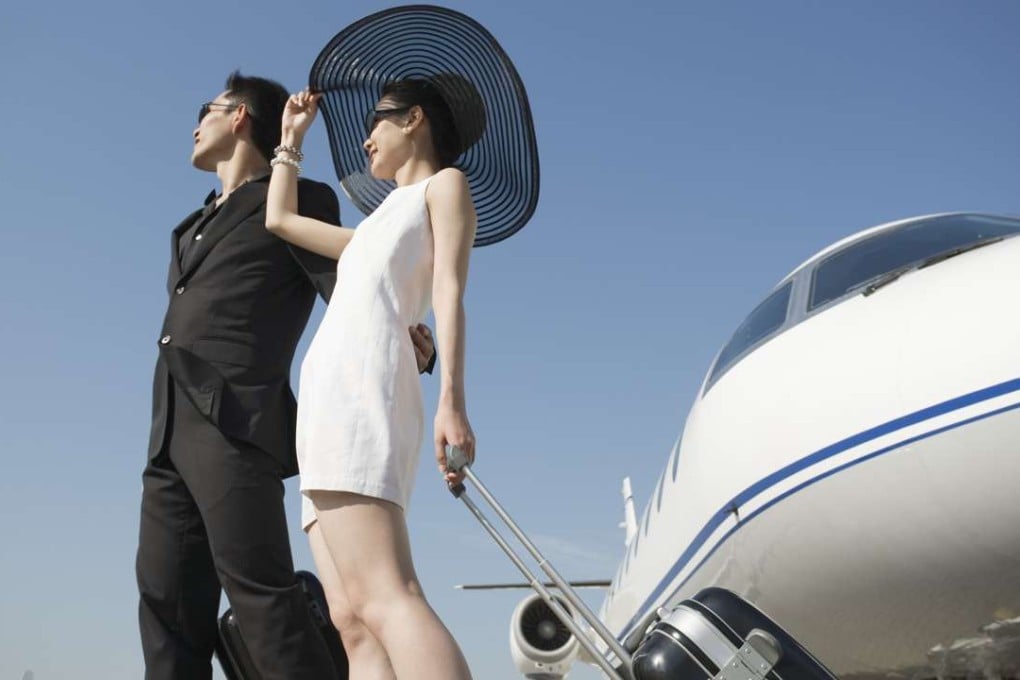Mind the Gap | Opinion: Hong Kong’s a rip-off, even if you’re rich
Rising costs of rent and education are making the city unaffordable. And that’s not going to change as long as bureaucrats are running the show

It is said that the rich man thinks only about money. But, in truth it is the poor man who can think of nothing else.
In “Asia’s (most expensive) world city”, you would be surprised who considers themselves to be poor. You can’t measure or hide behind anecdotal evidence showing the deteriorating quality of Hong Kong’s basket of economic goods that constitute quality of life.
If well paid locals and expatriates who work directly or indirectly in financial services are relocating because they can’t keep up with housing and education costs, then how difficult it must be for average citizens
A locally based senior executive at an international asset manager, frustrated at paying HK$68,000 a month for a flat in Aberdeen for his wife and two kids, decided to move to the suburbs of Taipei where he could afford to rent a house with a garden – and a better quality of life. He travels most of the week, but returning to Taipei is only an hour’s trip. As he said, “Living costs just devoured most of my basic salary each year in Hong Kong.”
Then, an Australian real estate executive told me he can’t keep up with Hong Kong’s insatiable for-profit education system that forces you to deposit about HK$2 million to HK$3 million in school debentures years before a child even enters school. Worst of all, he felt many of the Hong Kong private schools were really no better than free, public schools in Australia.
When a senior American manager of a global brokerage was finally appointed as the head of Asia, he immediately relocated his family and the head office to Singapore – “for the educational sake of my kids.” He was “tired of paying tuition increases every year for local private schools who were clearly raising fees without offering any new facilities or teaching value.” He believed Singapore’s private schools were more stable.
The semblance of quality of economic life appears to be cracking in Hong Kong. If well paid locals and expatriates who work directly or indirectly in financial services are relocating because they can’t keep up with housing and education costs, then how difficult it must be for average citizens.
